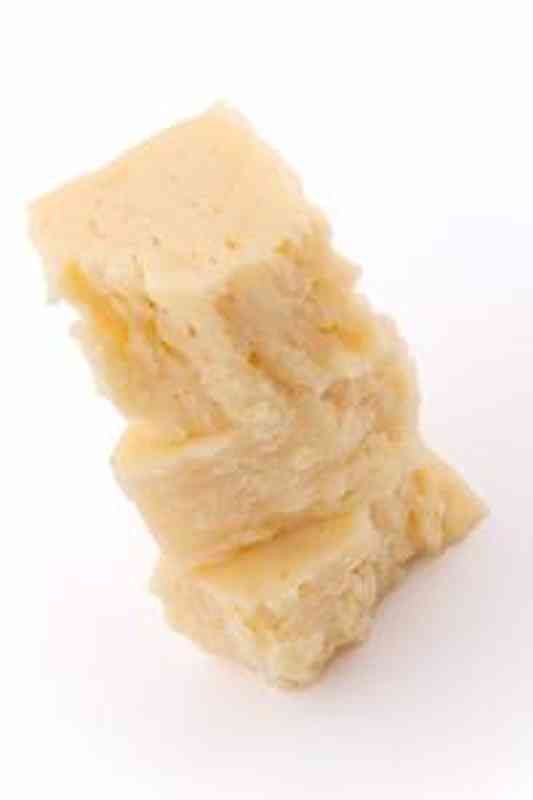Why Does My Food Go Through My Large Intestine Too Fast?

The most common cause of food going through your large intestine too fast is a chronic condition called irritable bowel syndrome, or IBS. IBS is a common digestive condition that primarily affects your large intestine, also called the colon. IBS affects one in six Americans and is more common among women than men, according to PubMed Health. Food that passes too fast through your colon will result in diarrhea, which can lead to dehydration and other medical concerns if not treated. Talk with your doctor about your symptoms to receive a proper diagnosis.

Cause
The cause of IBS is not fully understood, but it is clear that if you have IBS you will develop chronic diarrhea, constipation or both symptoms. The reason you develop diarrhea from eating is because the muscles that line your large intestine erratically contract too fast, causing waste to move too quickly through your colon, according to the National Digestive Diseases Information Clearinghouse. It is unclear why some people's colon reacts this way, but most medical professionals believe it is a communication breakdown between the brain and the colon muscles.
Triggers
MayoClinic.com states that most symptoms of IBS are triggered by eating certain foods, developing stress, hormones and other digestive illnesses. Not everyone will develop diarrhea from eating the same foods. Common foods that can trigger your IBS symptoms can include milk, alcohol, chocolate, carbonated beverages and some fruits and vegetables. Increased levels of stress have been shown to trigger IBS symptoms. Attempt to live a planned life to reduce the amount of unexpected stress. Hormonal changes might play a role in IBS symptoms, making it more common in women. Other illnesses, such as the stomach flu, can trigger IBS symptoms.
Treatment
Treatment is primarily based on a modified diet and reducing stress in your life. FamilyDoctor.org recommends drinking a lot of water, eating smaller meals more frequently during the day, avoiding foods that are high in fat with a balanced diet and avoiding the use of over-the-counter anti-diarrhea medications. In severe cases, your doctor might prescribe medication to reduce your symptoms.
Consideration
An isolated instance of diarrhea might be the result of food poisoning, the stomach flu or other acute digestive conditions. If you experience diarrhea for more than three days or notice blood in your stool, call your doctor.




